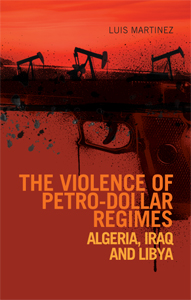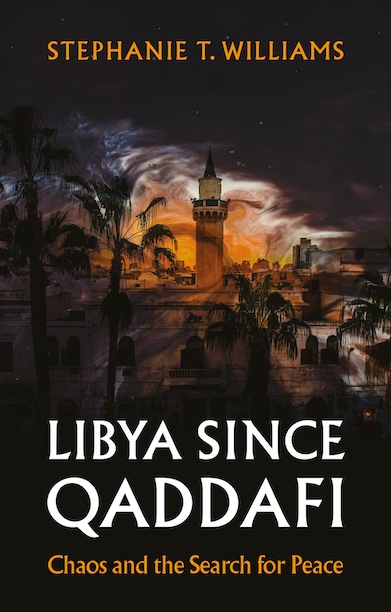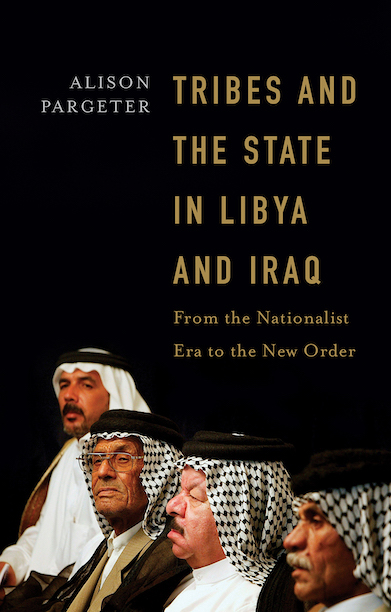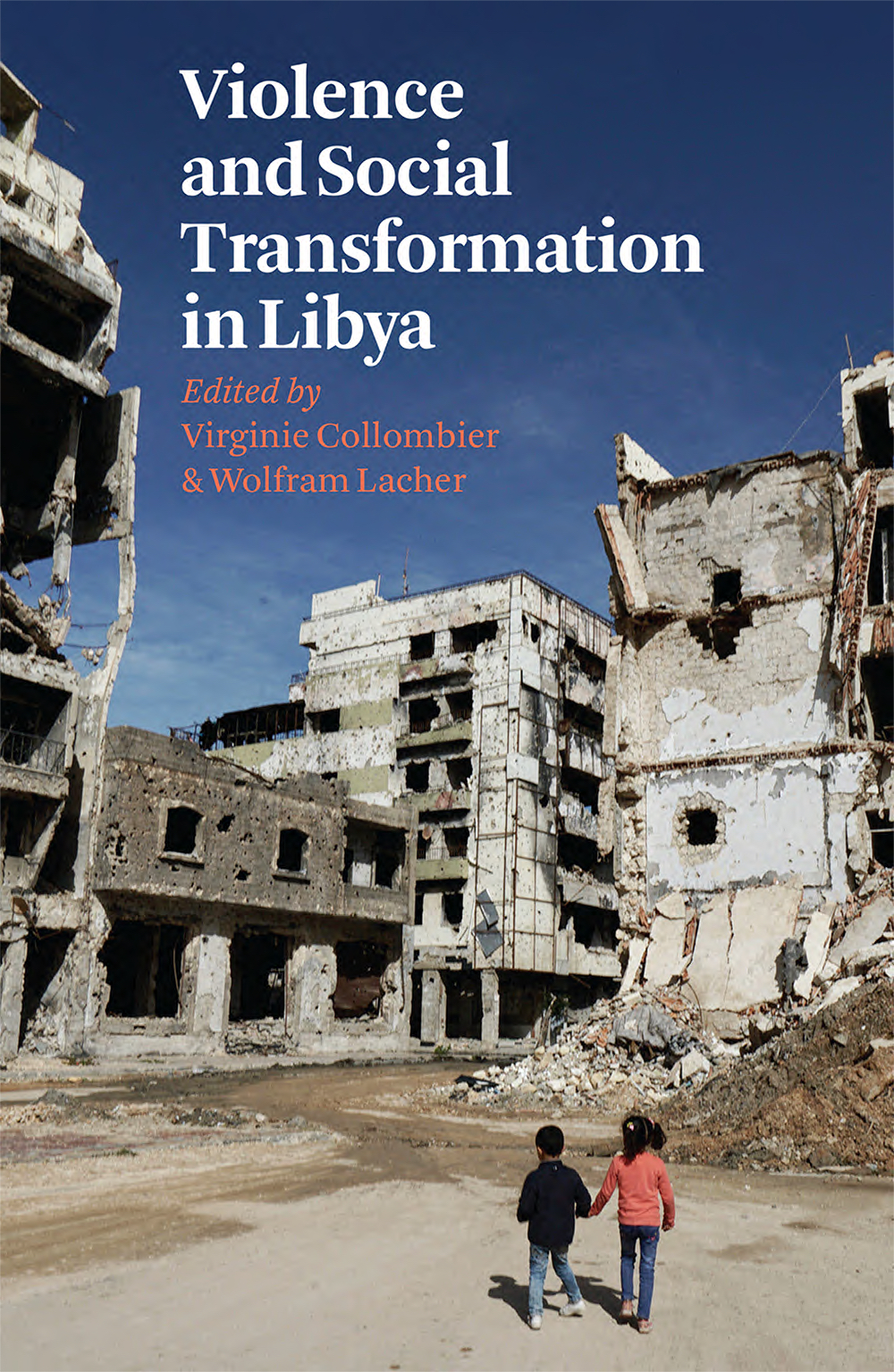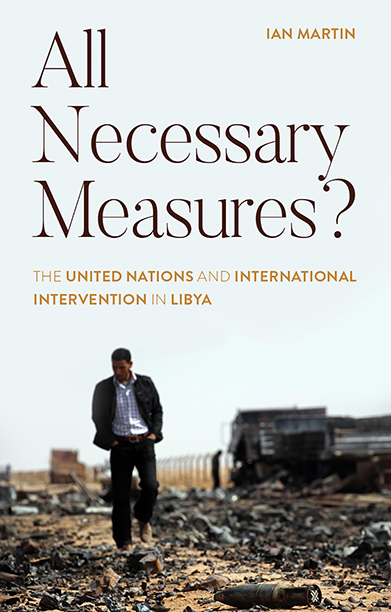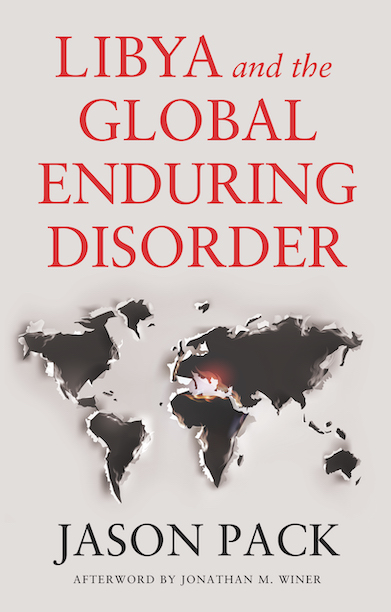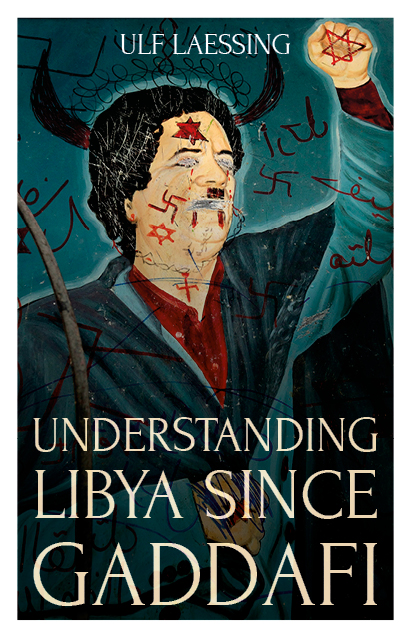The Violence of Petro-Dollar Regimes
Algeria, Iraq and Libya
Part of the CERI/Sciences Po. seriesCHOICE OUTSTANDING ACADEMIC TITLE 2013
Description
During the 1970s, owing to their oil ‘rents’, Algeria, Iraq and Libya all seemed engaged in a swift modernisation process. Oil was the godsend that would enable these states to catch up economically. Algeria was a ‘Mediterranean dragon,’ Libya an ‘emirate’ and Iraq ‘the rising military power’ of the Arab world. From a political perspective, progressive socialism suggested that profound changes were underway: women’s liberation, urbanisation, education for all, longer life expectancy and so on.
A few decades later, the disillusion is a cruel one. A sense of wealth led these countries to undertake political, economic and military experiments that would lead to impasses with disastrous consequences which they are still trying to overcome.
How did it all happen? Can these countries dispense with far-reaching reforms? Can the EU export its norms and values and protect its gas supply? This book offers the first global approach to the subject.
Reviews
‘A cogent, intelligent analysis of the perils and pitfalls of hydrocarbon wealth in these troubled states, adding much fuel to the “oil curse” debate and examining the structures that are seemingly its result.’ — Christopher Davidson, author of After the Sheikhs: the Coming Collapse of the Gulf Monarchies
‘Martinez has produced a compact, readable analysis, full of insight, of three Arab states seldom examined as a whole. Highly accessible, his book is of value to specialists, graduate students and undergraduates alike. The CERI Comparative Politics and International Studies Series is to be congratulated for bringing this book to an English-speaking audience.’ — Ronald Bruce St John, International Affairs
‘Luis Martinez has produced yet another fascinating and thought provoking book on political dilemmas in the Middle East. His analysis of how oil-rich authoritarian regimes can survive socio-economic and political crisis by turning the national rent into a personal asset sheds some new light on the future of authoritarianism in the region. That the key to regime longevity in Algeria, Libya and Iraq should be selective economic mismanagement is an argument that Martinez makes with great authority. This work undoubtedly provides anyone interested in political change in the Middle East with a brilliant new perspective on the challenges for democratic reform in the region.’ — Frédéric Volpi, Director, Institute of Middle East and Central Asia Studies, University of St Andrews, and author of Political Islam Observed
‘Amid the uncertainty and upheaval unleashed by the events that have come to be described as the Arab Spring, it is important not to lose sight of the structures underlying the economic, political and social failures that have led to these events and continue to threaten the sustainability of many states in the MENA region. Martinez’s book provides a refreshing analysis of the debilitating role that hydrocarbon rent has played in three major MENA oil and gas producing countries that have in the past twenty years gone through different forms and phases of instability. By grouping Algeria, Libya and Iraq together, his study draws useful contrasts for understanding the nuances of political violence, authoritarianism and failed state building — all key features of the transition currently underway in the region.’ — Dr Hakim Darbouche, Oxford Institute for Energy Studies.
‘The study is … a very detailed account of how petro-dollars were made, transformed into police cruelty and social inequality, and how local populations were ravaged by three revolutionary regimes. The author’s insights are numerous and to the point, and the book’s reader friendly structure can be read in two ways: For specialists, each chapter is exhaustive in its historical details and other minutiae and is not to be missed. Interested laymen, or those wishing to remember Martinez’ deductions, can however safely read the introductions and conclusions of each of the chapters to understand the core points.’ — The Muslim World Book Review
Author(s)
Luis Martinez is a Senior Research Fellow at CERI Sciences Po in Paris. He has been Visiting Professor at Columbia University, New York (2000–2001) and at the University of Montréal (2007–2008). A political scientist and a specialist on the Maghreb and the Middle East, his books include The Algerian Civil War, 1990–1998, The Libyan Paradox, The Enigma of Islamist Violence (co-edited with A. Blom and L. Bucaille), and The Violence of Petro-Dollar Regimes: Algeria, Iraq and Libya.
